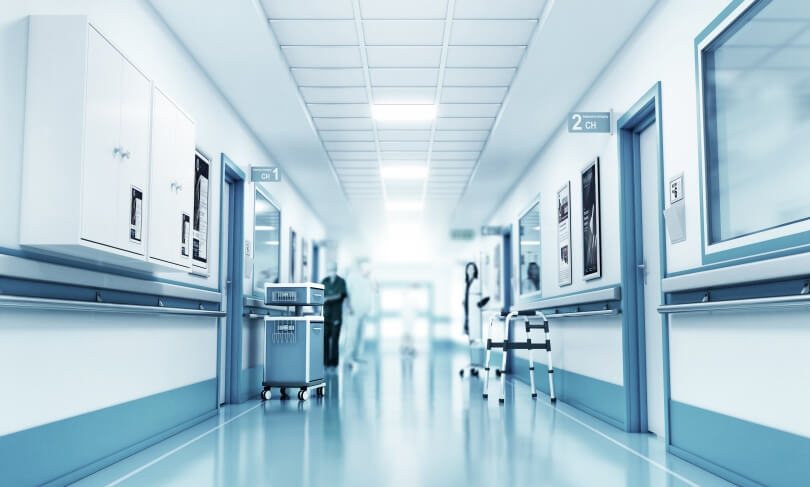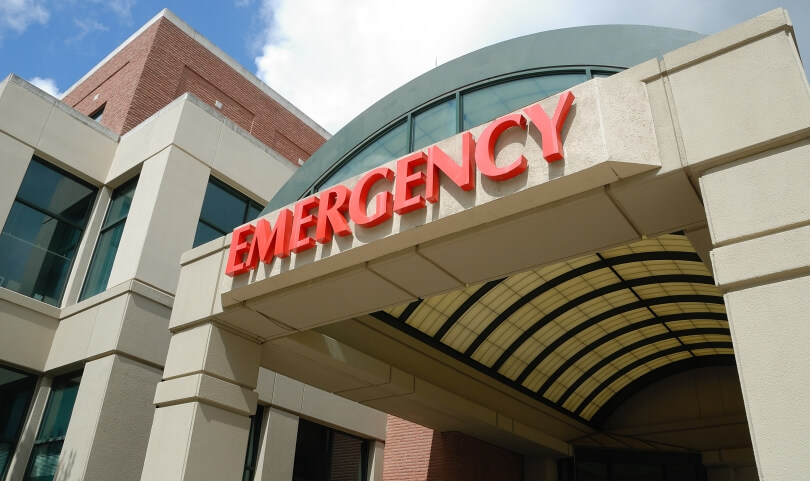Public Health Concern Grows For Those Who Delay Seeking Treatment Out of Fear

Coronavirus doesn’t put other threats to a person’s health on hold, yet in recent weeks local residents have in some cases delayed seeking medical treatment for sudden changes in their condition out of fear, according to Premier Health.
“Heart attacks and strokes don’t stop during a pandemic,” said Darin Pangalangan, MD, an emergency medicine physician and chair of Premier Health’s Emergency and Trauma Institute. “We are seeing significant decreases in the number of patients presenting for emergency care because they are fearful of being exposed to COVID-19. This is becoming a public health concern.”
According to the Centers for Disease Control and Prevention, about 647,000 Americans die from heart disease each year (one person every 37 seconds) while stroke kills about 140,000 Americans annually (one person every 4 minutes).
An April study in the Journal of the American College of Cardiology found admissions for a serious type of heart attack known as STEMI dropped 38% after March 1, 2020. In April, Premier Health also witnessed a significant decline in people seeking treatment for both strokes and severe heart events.
Seeking medical treatment at the onset of heart or stroke symptoms can save lives. Patients receiving timely care often recover more quickly and limit damage to their health. People who delay care can suffer complications, have longer and more complex hospital stays, and may be at greater risk of death.
In recent weeks, Premier Health emergency departments are seeing patients who delayed care due to fear. These are cases in which more prompt health care interventions would likely have been beneficial.
Anyone experiencing chest pain; difficulty breathing; discomfort in the chest, arms, back, neck, shoulder or jaw could be experiencing a heart attack. Anyone experiencing numbness, weakness or loss of movement in the face, leg, or arm, especially on one side; confusion, trouble speaking or understanding; or loss of balance may be having a stroke.
Other medical emergency symptoms include: trouble breathing or shortness of breath; severe chest or upper abdominal pain or pressure; choking; severe or uncontrolled bleeding; sudden (if temporary) loss of sight or the ability to move or speak; fainting, sudden dizziness, weakness or loss of consciousness; poisoning; deep cuts or severe burns; an attack by a person or animal; broken bones or sudden, severe joint pain or swelling; severe or persistent vomiting or diarrhea; changes in vision; any sudden or severe pain; coughing or vomiting blood; unusual abdominal pain; or suicidal feelings. In the event of a medical emergency, it is critical to call 911 or go immediately to your nearest emergency room.

Premier Health emergency departments are well prepared to care for people with emergent health care needs in addition to COVID-19 patients. The impact of the coronavirus pandemic has made it necessary to make changes to the hospital visit experience. At all Premier Health sites, safety measures are in place to protect against the spread of COVID-19 and to put the well-being of patients and staff first:
-
A split flow system is in effect at all emergency departments; patients who exhibit symptoms associated with COVID-19 are separated from those who do not.
-
Upon arrival, persons are screened, temperatures taken, and directed accordingly.
-
Patients with COVID-19 symptoms are treated in designated areas separate from patients with other medical emergencies. Visitor restrictions are in place and enforced.
-
To further support social distancing, waiting room seating allows for proper distancing.
-
Adequate personal protective equipment is available for all staff. All patient-facing and non-patient facing staff are wearing face coverings.
-
Patients and any companions are required to wear masks when present at Premier Health’s sites of care, provided either by themselves or by the site of care.
-
Signage is present at sites of care to emphasize social restrictions and plenty of hand sanitizer is available for patients and staff.
-
An intensive disinfection plan is in place at all sites of care.
-
Significant steps have been taken to ensure an adequate supply of COVID-19 testing and the movement to universal testing at all Premier Health hospitals.
A multidisciplinary team from across the Premier Health hospital system continues to monitor and implement daily safety guideline recommendations from state and national public health officials. As more is learned about COVID-19, safety measures will continue to be refined and evolved.
“If someone is concerned they are experiencing a medical emergency, that before COVID-19 they would have gone to the hospital for help, they should do so now knowing the emergency department is safe and prepared,” Dr. Pangalangan said.

